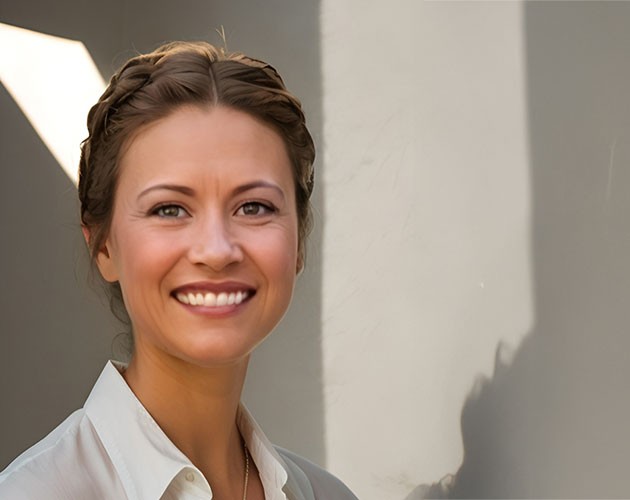From Science Courses to SFSU Clinical Laboratory Scientist Program

PingWah Poon is no stranger to the medical world. He has a bachelor's in Biochemistry and Molecular Biology from UC Davis. He worked at a biotech company for five years: first as a gene manufacturing technician and later as a group leader. His passion lies in the intersection of the intellectual challenges and technological aspects that laboratory work provides.
"I particularly enjoy the impacts I can bring in helping patient's well-being with precise disease detection and pathogenic analysis," PingWah emphasizes.
With this interest in mind, PingWah is turning toward a career as a clinical laboratory scientist. But how to get started? Despite careful searching on the Internet, he found little information or resources detailing how to actually become a clinical laboratory scientist. Did he need coursework before applying to a CLS Training Program? Is there a state licensing board? What is the first step?
It's an unfortunate situation because there is a huge demand for clinical laboratory scientists (the Bureau of Labor Statistics projects a 14-percent growth rate from now until 2024), yet so many aspiring professionals just don't know where to start.
So here's a quick breakdown of the four main steps to become a licensed clinical laboratory scientist:
- Complete required coursework to obtain a CLS Trainee License; you’ll need this license before starting a CLS training program
- Successfully complete your CLS training program
- Take your certification exam (ASCP) and a California State Law Quiz
- Finally, apply for your California Clinical Laboratory Scientist License
Step 1: Completing Required Coursework
When looking at the options available to complete the required science coursework for a CLS Program, PingWah found our Clinical Laboratory Scientist Preparatory Program to be the best starting point. The program offers myriad course options to apply for a Trainee License in order to apply for a CLS training program. This includes 18 semester units of biology coursework, 16 semester units in chemistry and 3 semester units in physics.
"I chose UC Berkeley Extension because most of the required courses were readily offered every semester," PingWah recalls. "In addition, enrolling in the classes was significantly easier than at other universities."
While continuing to work full time at Elim Biopharmaceutical, PingWah started his education with Principles of Infectious Diseases and Emerging Infectious Diseases and Biochemistry. Soon after completing these courses, PingWah decided to devote all of his time to finishing the prerequisites needed to apply to a CLS Training Program.
Step 2: Applying to a CLS Training Program
While completing the required coursework, PingWah began to turn his attention to the application process for a CLS Training Program. Fortunately, his hematology instructor, Joseph Musallam, provided much-needed insights into this process.
"Joseph is an excellent education coordinator with extensive experience in clinical analysis and teaching," PingWah says. "He explained to me how to obtain the trainee certificate from the California Department of Health, completing the necessary coursework and submitting my applications. And, more importantly, he discussed the clinical lab work with me and how our work was crucial to diagnoses and could impact patients' health."
PingWah also received support and encouragement from his other instructors, saying that they provided their insights into this career path and offered advice on how to submit a competitive CLS application.
Step 3: Completing CLS Training Program
Today, PingWah is closer to his dream of being a clinical laboratory scientist. Accepted into San Francisco State University's Clinical Laboratory Scientist Program, PingWah is currently in phase two—the clinical training portion—of his program.
It will be a 40-week, off-campus internship at a UCSF-affiliated clinical laboratory site. PingWah describes this phase as intense training at a hospital where he will shadow many experienced clinical laboratory scientists. In addition, he can practice hands-on clinical techniques on the bench under supervision.
"My goal after completing this program is to work as a clinical lab scientist at UCSF," PingWah says. "I hope to stay there for the next five years where I can continue to polish my technique in clinical lab science. I also wish to continue my education in either a specialist program or pursue a master's degree in business."

